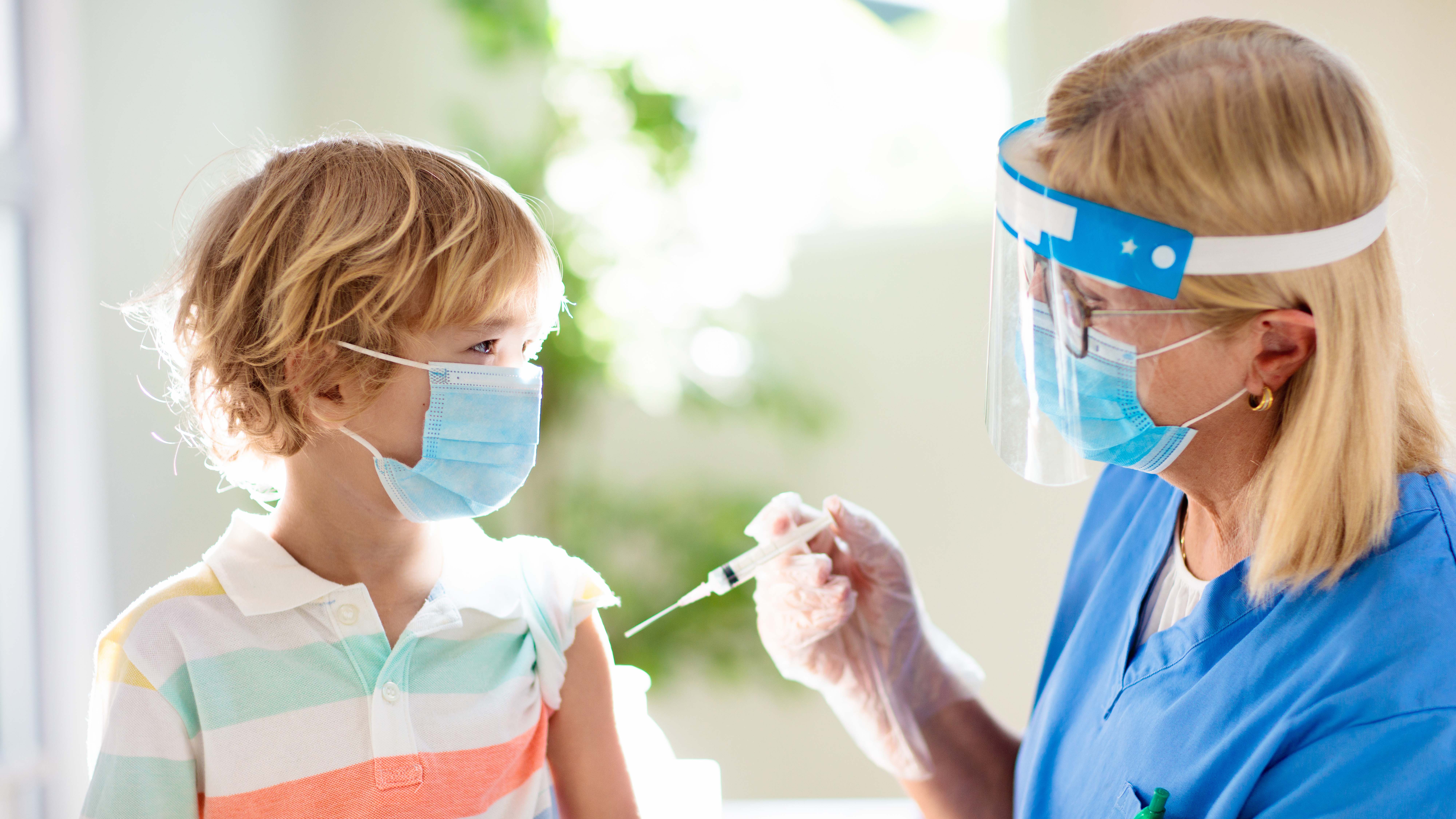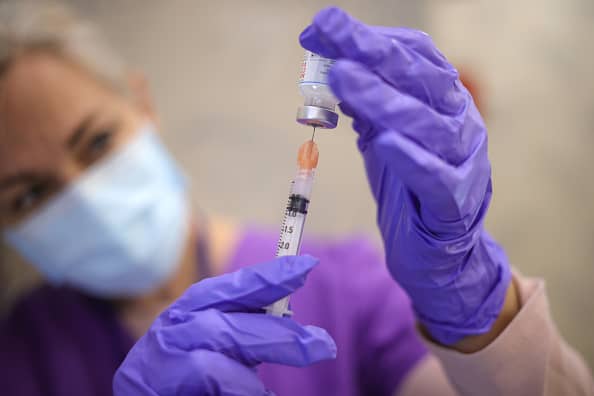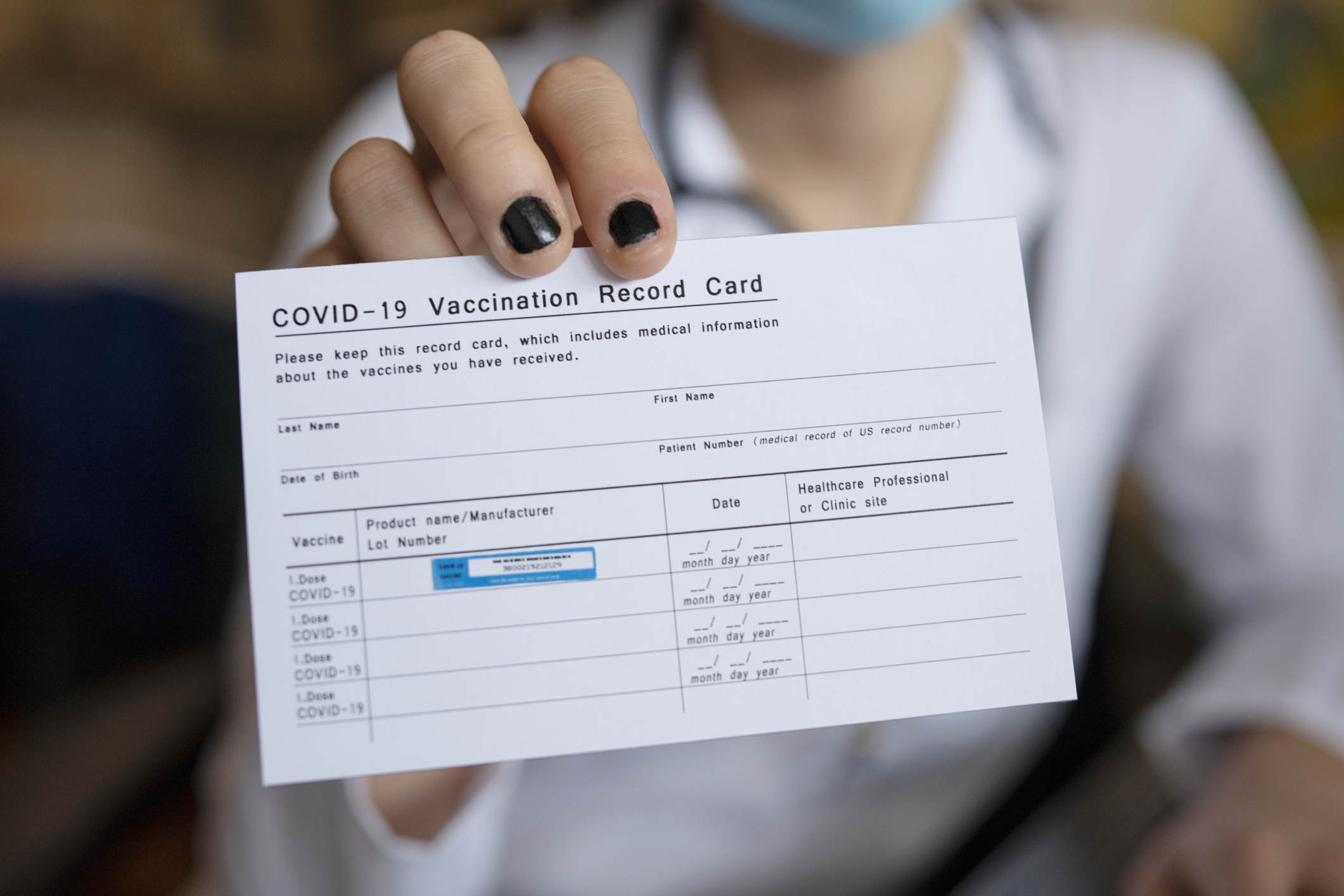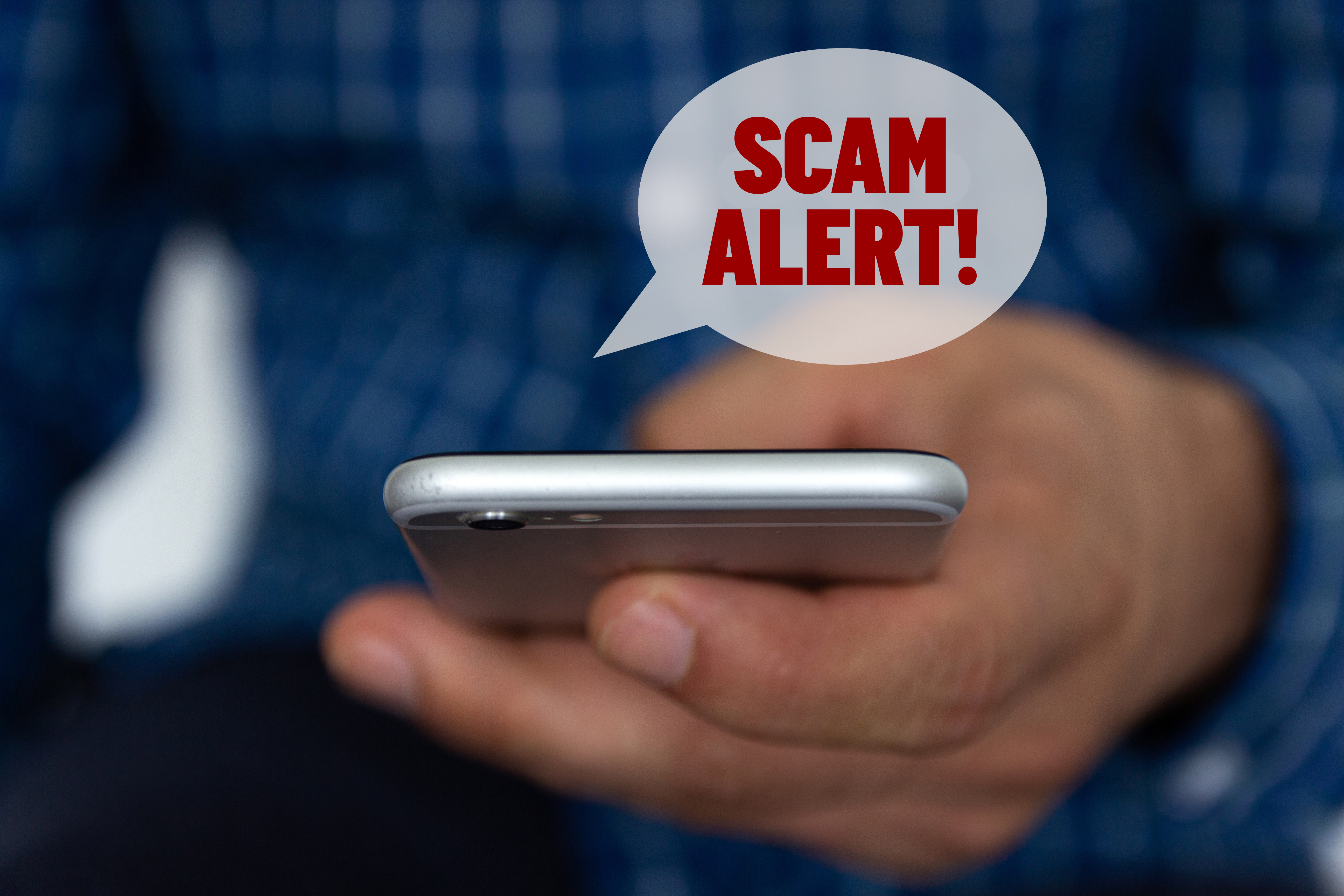More than half of adults in the U.S. have received at least one COVID-19 shot, the Centers for Disease Control and Prevention reported Sunday. As more Americans receive the vaccine, the conversation has naturally shifted to what to expect after one is inoculated.
Below, NBCLA Medical Contributor Nurse Alice Benjamin discusses vaccine side effects, the possibility of becoming infected after getting vaccinated, mask-wearing and more.
This interview has been condensed and lightly edited for clarity.
Many people have compared the COVID-19 vaccines: Pfizer, Moderna and Johnson & Johnson. Is one more effective than another?
Get top local stories in Southern California delivered to you every morning. >Sign up for NBC LA's News Headlines newsletter.
The best vaccine to get is the one available to you. Aside from efficacy numbers, a number that we haven't done enough cheerleading about, is 100%. These vaccines may not always prevent you from getting infected with coronavirus and developing COVID-19, but in the clinical trials, all of the pharmaceutical companies have made the statement that their vaccines are 100% effective at preventing death from severe COVID-19.
So either of the vaccines, whichever is best, readily available to you, I would say go ahead and get that one.
I've previously had COVID. How long do I have to wait to get the vaccine?
If you've had COVID-19 all we ask is that you're fully recovered and you're not symptomatic, and then you can get the vaccine. So let's say you had COVID-19 last month and you've recovered. You're OK to get the vaccine this month. However, if you're not able to get it right away, we say try to get it at least no later than 90 days after you've recovered from COVID-19.
What if I have coronavirus unknowingly and receive the vaccination?
We do say that upon getting the vaccine, just make sure that you're not feeling symptomatic, not having any cold symptoms or signs of symptoms of COVID-19. So I'm pretty sure that there have been people who fit into this category who are asymptomatic, who may have COVID-19 and get the vaccine.
Thus far, we've not had any information that indicates that this is dangerous or this is bad. So I wouldn't say to do anything different. If you're feeling sick or you feel that you have COVID-19 signs and symptoms of that, then hold off on getting the vaccine. But right now, we don't have any information that says that that's a bad thing.
How long does it take for vaccine side effects to occur? What are some of the potential side effects?
Side effects can range from benign to robust. Some have reported fatigue, body aches, arm pain and/or a low-grade fever. People are using the word 'sick,' but you're not sick. Your body's actually responding to the vaccine and doing what it's supposed to do. So these are expected side effects and they generally will start roughly no later than 12 hours after the vaccine and last for maybe two to three days. But usually after that, the symptoms have subsided and you're back to your normal self.
Can you still get COVID-19 after completing the vaccination series?
I can't say with 100% certainty that you won't get it. That's why it's still important for us to still exercise these precautions of hand-washing, wearing masks and those type of things.
Can you transmit COVID-19 after being fully vaccinated?
What we do know is that the vaccines will prevent you or hopefully decrease the risk of you getting coronavirus and developing COVID-19. But we're still not sure if you can be a carrier of coronavirus.
You can get the vaccine and because your body has developed this immune system response, you may actually be exposed to coronavirus or a different strain of it and be asymptomatic. You're asymptomatic because the vaccine is working, but you may still be a carrier and transmit it to someone else who has not yet received the vaccine.
So we're still cautioning vaccinated people. If you're going around other people who are not vaccinated, you're still going to need to wear a mask and take all those precautions because we're still not sure whether you can be a carrier or not.
Do you recommend that someone wears a mask even if they are fully vaccinated?
When you're in a public setting, you should be wearing a mask. Don't throw away your mask just yet. The CDC is beginning to loosen these restrictions, but you've got to be very mindful and you have to know for sure that the person that you are around has received their vaccine(s).
We still should be wearing our masks just in case you could potentially carry the virus back to one of your family members at home who are unvaccinated.
Click here for the updated CDC guidelines around mask-wearing.
After getting fully vaccinated, how long does protection last?
We can't say with 100% certainty that Pfizer's 6 months will apply to everyone. We don't yet know how long the immunity will last in many of the other vaccines.
The new variants may play a role in how much protection these vaccines provide and for how long.
We won't know yet if this will need to be an annual vaccine unless we start to see another spike in our COVID-19 numbers and especially those who have been vaccinated. Then, that will lead us to believe that we may need to provide a booster shot, but we're not quite there yet.
When will the US reach herd immunity for COVID-19?
The estimate is around anywhere from 75 to 85% of the U.S. population needs to be vaccinated before we can consider ourselves to have herd immunity. If we continue on the patterns of vaccination rates that we're on, we estimate that we could probably have that by the end of June or early July.
And again, keep practicing your social distancing, wearing a mask, hand-washing and be careful of how you're traveling, because even though we might be very good in our particular area, it's when we travel. The more we come in contact with people who are not vaccinated, the greater the potential is to spread the coronavirus. And when we do that, there's more likelihood of different mutations happening.





